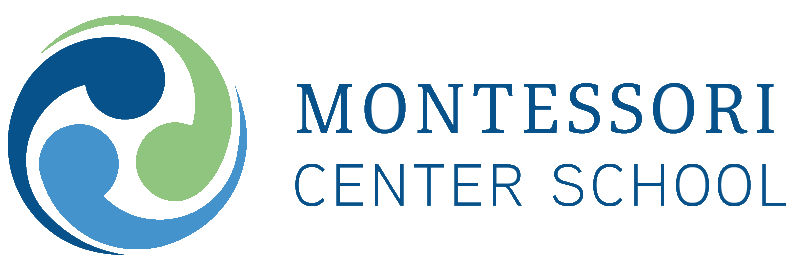The 10 Principles of Montessori

August 31st is Dr. Maria Montessori’s birthday!
Maria Montessori was an Italian physician, educator, and innovator, acclaimed for her educational method that builds on the way children learn naturally. Maria Montessori started her career as a Doctor; however, through her work with underprivileged children, she moved from medicine to education. She used her training as a scientist to observe how children learn and applied this to develop a better way to educate children with astounding results.
The principles of Montessori education were developed by Dr. Maria Montessori over many years of experimentation and observation. They are based on respect for children’s learning process. The principles of Montessori are just as much about understanding how children learn, as they are about defining how Montessori is different from traditional education. On the blog today, we address ten key principles of Montessori education.
Respect for the Child
Much of the Montessori philosophy stems from a deep respect for children. This involves respecting the uniqueness of every child, their freedom to choose, to move, to correct their own mistakes, and to work at their own pace. Montessori educators work and interact with children from a place of genuine respect.
Absorbent Mind
Dr. Maria Montessori’s research determined that the first six years of life are the most crucial in a child’s development. She termed this stage the period of the ‘absorbent mind’ to describe the child’s sponge-like capacity to absorb information from their environment. During this time, children rapidly develop an understanding of their culture, and their world, and construct the foundations of their intelligence and personality.
Sensitive Periods
Dr. Maria Montessori observed that children pass through specific stages in their development when they are most capable of learning specific knowledge areas and skills. She termed these stages ‘sensitive periods,’ which essentially describe windows of opportunity for learning. Characteristics of sensitive periods include: intense focus, repetition, commitment to a task, and greatly extended periods of concentration.
Educating the Whole Child
Montessori education is focused on nurturing each child’s potential by providing learning experiences that support their intellectual, physical, emotional and social development. In addition to language and mathematics, the Montessori curriculum also covers practical life, sensorial, and culture. All aspects of children’s development and learning are intertwined and viewed as equally important.
Individualized Learning
Montessori learning programs are personalized to each child based on their unique stage of development, interests, and needs. Lessons with the Montessori materials are presented one-on-one based on each child’s academic progress. Educators track each child’s progress and support them as they progress through the curriculum.
Freedom of Movement and Choice
Dr. Maria Montessori observed that children learn best when they are free to move, free to choose their own work, and follow their interests. In a Montessori classroom, children are free to move around the prepared environment, work where they feel they will learn best, and discover learning outcomes through hands-on experience. Montessori learning is largely active, individually paced, often self-correcting, and tailored to the needs and interests of each individual child.
Prepared Environment
The Montessori classroom is also known as the prepared environment. This is a carefully prepared learning space where everything has a purpose and a place. There is a distinct sense of order which assists children in developing logical thought processes. The fundamental idea is “order in environment and mind.” Within this space, children are free to follow their interests, choose their work, and progress at their own pace.
Intrinsic Motivation
The Montessori approach takes the view that learning is its own reward. In the Montessori classroom there aren't any gold stars to reward children’s learning. Instead, children derive a sense of accomplishment from completing an activity and learning to do it for themselves.
Independence
Montessori is an education for independence. It provides children with the environment, materials, and guidance to learn to do and think for themselves. It views children as born learners who are capable and willing to teach themselves when provided with the right stimulus. The ultimate goal of Montessori education is independence.
Auto-Education
One of the core principles of the Montessori Method is the concept of auto-education. It’s based on the belief that children are capable and willing to teach themselves if they are provided with interesting learning stimuli. Our signature Montessori materials were developed to meet this need and empower children with the ability to direct their own education. Montessori educators provide the prepared environment, guidance and the encouragement for children to educate themselves.
Interested in learning more about the Montessori method? Visit this link!
Credit: Montessori Academy
Programs
Montessori Center School admits students of any race, color, religion, national and ethnic origin, gender identity, and sexual orientation to all rights, privileges, programs and activities general recorded or made available to students at the School. It does not discriminate on the basis of race, color, religion, national and ethnic origin, gender identity or sexual orientation in the administration of its educational programs, admission and tuition assistance policies, and athletic or other school-administered programs. Non-Profit Education Organization, License No. 426205239


